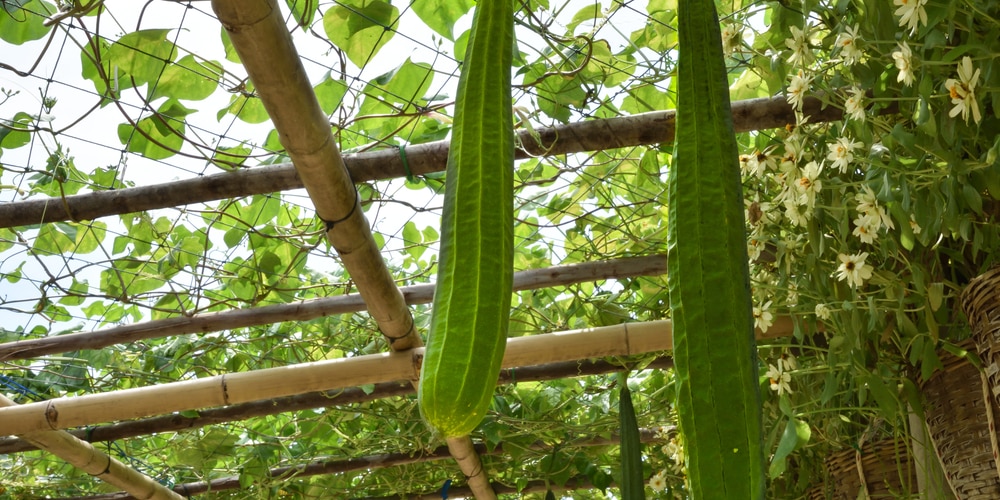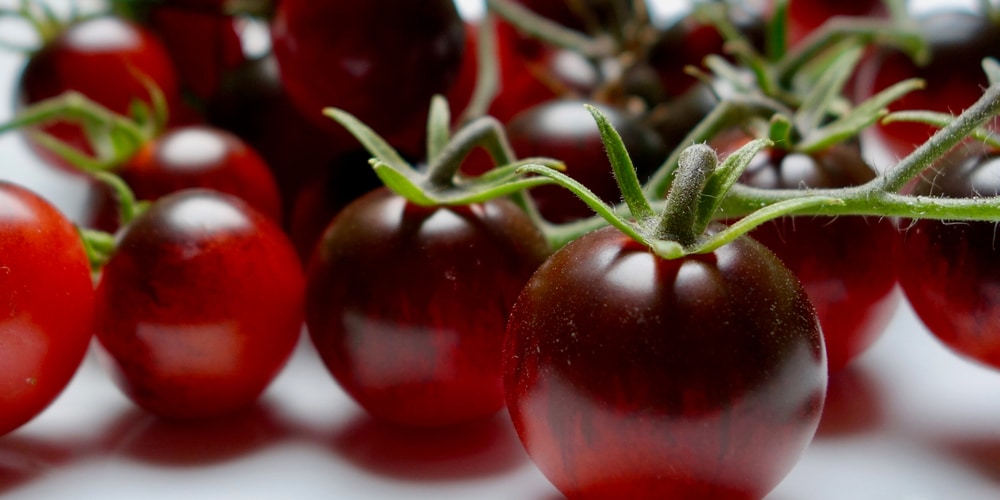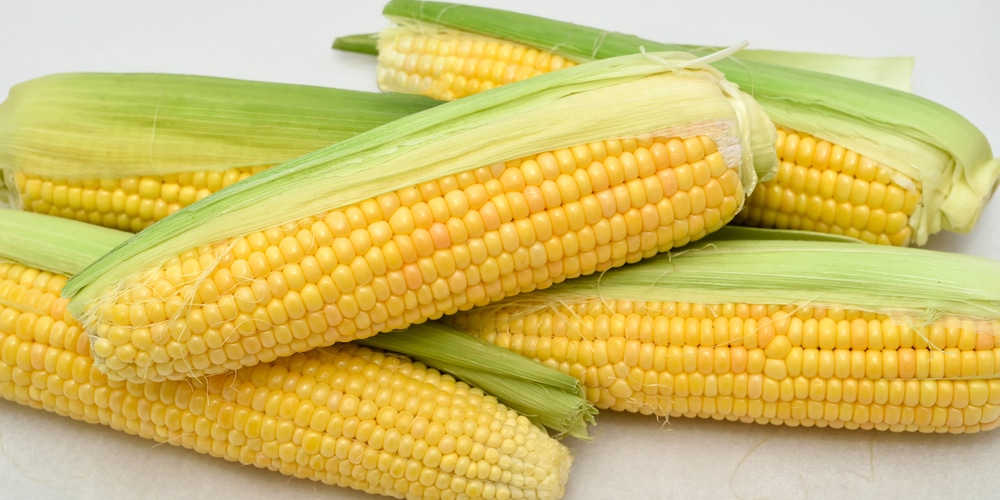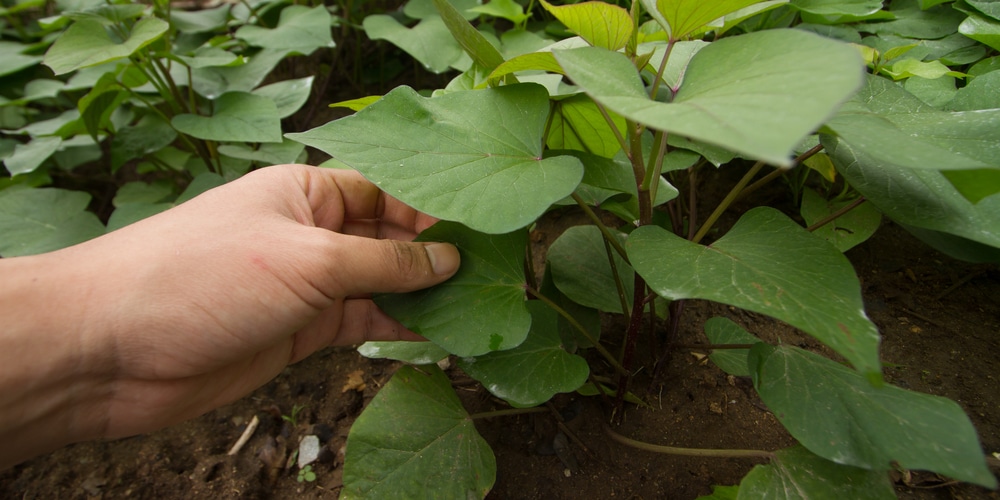Okra is a delicious and healthy vegetable that can be enjoyed in many different ways. Originally native to Africa, okra has become a staple of cuisine in many parts of the world. The unique taste and texture of okra make it a popular choice for cooked and raw dishes. Mostly used in soups and stews, okra can also be fried, grilled, or roasted.
The plant grows to a height of about three meters, and its green seed pods are typically about 10 centimeters long. Ochro (Okra) seeds are rich in protein, fiber, vitamins A and C, calcium, and iron. The plant is also known for its mucilage content, which can be used as a thickener in soups and sauces.
Basic Okra Planting Guidelines
Okra does best in warm weather but will not do well in cooler climates as it requires full sun. It can be found thriving in USDA zones 3 through 11; this vegetable likes sandy, moist, but well-draining soil.
When planting in rows, each okra seedling should be placed approximately 18 – 24 inches apart, with regular watering and fertilization. For best results, use a fertilizer with an NPK ratio of about 12-12-12.
Companion Planting: A Brief Description
Companion planting is the practice of planting different plants together to benefit one another. Many plants have beneficial relationships with one another, and companion planting can be a great way to maximize the yield of your garden.
Some plants beneficial to okra include beans, cucumbers, and lettuce. Beans are a good companion for okra because they help to fix nitrogen in the soil. Cucumbers are another good plant to grow with okra as they can help to deter pests. You can also plant okra with lettuce to help shade the plant’s roots while keeping it cool and moist.
What Not to Plant near Okra
Although numerous plants can benefit okra, there are also some plants that should not be planted near okra. These include:
Tomatoes
Okra and tomatoes are both members of the Solanaceae family, which also includes potatoes and eggplants. This family of plants is susceptible to several diseases, including verticillium wilt and fusarium wilt. These diseases can be spread quickly from one plant to another, so it is best to avoid planting them near each other.
Corn
If you’ve ever planted a garden, you know that different plants have different needs. Some need more water, sun, or shade than others. This is where companion plants can come in handy.
Okra and corn are two plants that need different things from the soil. Okra needs sandy, well-drained soil, while corn requires nutrient-rich, loamy soil. If these two plants are grown together, the okra will compete with the corn for nutrients and water. This can lead to stunted growth or even death for both plants.
Sweet Potatoes
Sweet potatoes are a staple in many dishes, providing a delicious and nutritious addition to any meal. However, while they may be beloved by humans, sweet potatoes are not so popular with okra plants. These two vegetables are often advised not to be planted near each other, as sweet potatoes are known to attract nematodes.
Nematodes are tiny parasitic worms that can cause serious damage to okra plants, leading to stunted growth and decreased yields. As a result, it is best to keep sweet potatoes and okra separate in the garden. Though they may be tempting to plant together, doing so will likely only lead to trouble down the road.
Squash
Like sweet potatoes, squash can attract pests that will spread diseases to okra plants. Another reason why you should not plant okra and squash side by side is that squash can quickly take over a garden bed if they are not checked regularly.
Final Thoughts
Companion planting is a great way to get the most out of your garden, and there are many plants that can benefit okra. However, there are also some plants that should not be planted near okra due to their susceptibility to disease or because they compete for resources.
If you’re looking to plant okra in your garden this year, make sure to avoid planting it near tomatoes, corn, sweet potatoes, or squash. Doing so will help you to avoid problems down the road and maximize the yield of your okra plants.




